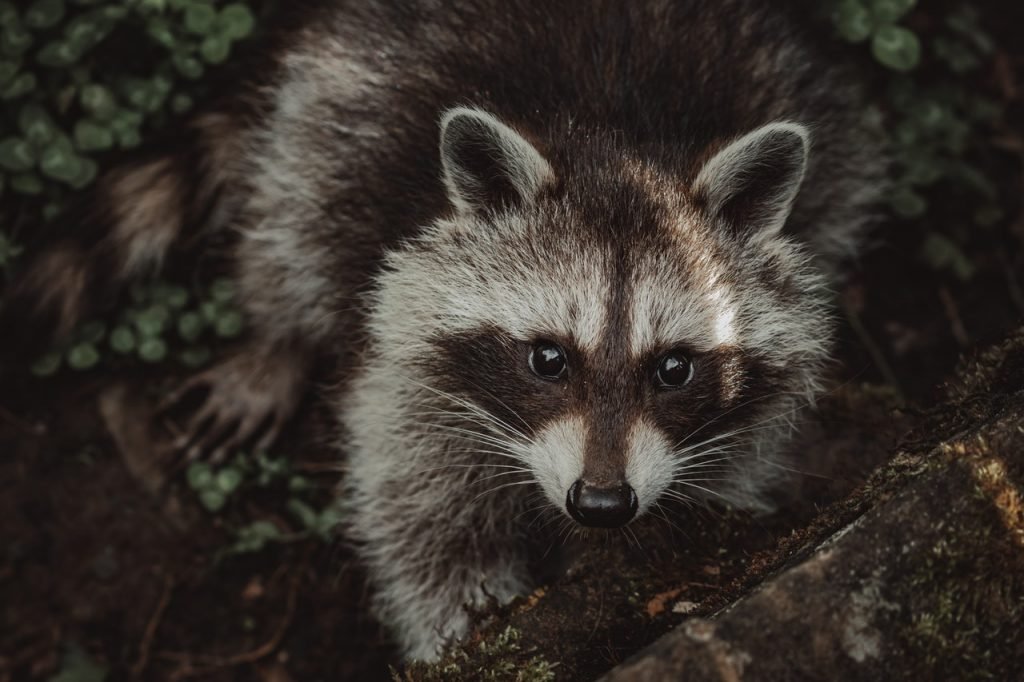Pests and humans have to exist together in this world. Even pests are essential in our ecosystem and help maintain the balance in our ecology. However, if they start living inside our homes, they can become a big problem. They can carry diseases and destroy things like your heating, ventilation, and air conditioning system (HVAC).
Yes, you got that right. Insects, and maybe even rodents, can start nesting inside your HVAC system and cause various problems. Here are some of the most common household pests found in Canadian homes that can cause HVAC airflow problems:
Ants
There are more than 12,000 identified ant species all over the world. They come in different colors, can come smaller or larger than others, and can even grow wings. What most homeowners find thriving in the vicinity of their homes are black, brown, and red ants that can grow from less than a millimeter in length to up to 13 millimeters. They usually live underground near food sources. They also love damp spots inside the house like the heating system.
Ants are not direct threats to humans although their bite can be itchy. However, they can cause structural damage thus, preventing them from building colonies is important.
Snakes
Snakes love to live at home ductworks since these provide the right environment – warm in winter and cold in summer. It gives them a safe space to rest and protect them from potential threats.
Snakes are carnivorous animals and they may find food in your pipes and ducts in the form of mice and other animals. While they may help in that aspect, some species are potentially venomous therefore posting a threat to the homeowners.
Cockroaches
Cockroaches are not just scary, they also pose threats to the health of home dwellers. German cockroaches, that grow up to 1.6 cm, are most commonly found in Canadian homes. They are often found in damp and dark spaces like bathrooms, bedrooms, kitchens, garages, and basements. Though they are least likely to cause structural damage, they are known carriers of some diseases as they also love roaming sewers, garbage sites, and other unsanitary spaces.
Raccoons
It is not uncommon for raccoons to stay in the HVAC system. They can cause serious damage to it like electrical problems, ventilation issues, and air circulation blockage. They are also attracted to trash and may bring some into the system.
Mice
Mice are invasive species that thrive in dirty homes. They can grow up to 20 cm and weigh up to 30 grams. They have adapted to human environments and can be serious threats to life and property. Aside from carrying germs and bacteria that can cause health problems, they also gnaw on walls and electrical wirings.
How to Protect Your HVAC System from Pests
Pest infestations and the problems that they come with can be avoided by looking for pest control companies that have invested in SEO. Here are some of the ways you can keep pests out:
Seal Ducts
Large disconnections, gaps, and cracks can provide access points for pests to enter the HVAC system. If pests enter through these, they are not only going to damage the ductwork, they can also affect the air quality experienced by the homeowners. The excrement of pests can spread indoors through the air circulation through the duct system.
A common mistake of homeowners is treating the issue with pest poison. While it can kill the pests, it means they will die within the duct system. The decaying carcasses do not smell good and cause various respiratory issues when inhaled.
The best option is to seal the ducts and other gaps so these pests can’t find any entry point. If you’ve done this ahead and noticed an infestation, run a check and reseal any gaps or openings.
Cover Vents
HVAC systems have vents and flue pipes, which work to help keep the air circulating properly while keeping dangerous carbon monoxide out. Critters are the top reason for its blockage. It can be more challenging when they die inside and cause the air circulating in your home to smell very badly. You can prevent these critters from getting in and building their nests by using screen covers that still allow fresh air to get in.
Eliminate Vegetation around the Condenser
Plants around your AC unit are not a good idea. Overgrowth is the best place for mice and snakes to live in. They feel safer where there are long grasses that keep them free to creep unobserved. This also means you provide them access to your HVAC system. Once they start nesting there, you will be dealt with other problems like blockage and possibly, the bad smell of rotting carcasses.
Protect the Condenser
Some people possess a condenser, and many people own dogs. Practically every homeowner with a condenser and dogs keeps them in the same place as the backyard. Small animals like dogs can damage the condenser physically by scratching, chewing, or urinating on them. Even worse, they will do more damage once they get inside. They can cause electrical problems, gnaw on the linings, and build their nest there. A professional pet sitter like dog sitters in Etobicoke can entertain your dogs in so many ways by incorporating physical and social activities tailored to a dog’s physical abilities and disposition.
Keep the area around the condenser clean. You can also use pest repellent to deter them from coming there.
Clear Out Pest Waste
Should you notice that there are pest droppings in areas connected to your HVAC system, make sure to clean them up. These animals leave these traces to mark their territory. If these are left there, others can pick up the scent and stay there longer. Thoroughly cleaning the area and using scent removers can keep them off.
These 5 steps can help you keep the pests out of your HVAC system but you should also not discount the importance of maintenance work.
You can schedule an annual or bi-annual inspection and maintenance work from HVAC service companies. This can include the checking and removal of ants and other pests. Commercial pest control in Barrie can also help you clear your property pests while protecting your HVAC system.
Professional checks and maintenance are necessary not only to keep the integrity of your system but more importantly to remove pests that may be thriving there.







